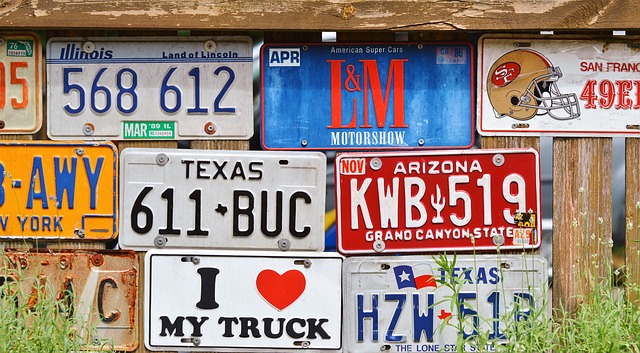

Vlad Dzhashi, MD
Without a license you cannot practice medicine, it’s as clear as that.
For employed docs the decision is simple — you apply for a license in the state where you work and live.
It’s more complicated for locums physicians, because in case you didn’t know, you DO need a license in each state you work locum tenens.
Now, I don’t have to explain to you how annoying the locum tenens licensing is.
What I do want is to teach you how to make it as seamless as possible.
I doubt you’ll ever enjoy applying for new licenses, but after reading this post you’ll become a “power user.”
Here’s what I’ll cover:
- 1 – How to stay on top of your licensing for locum tenens forever
- 2 – Shortcuts to getting a new license fast
- 3 – How to work all over the country with only one license
- 4 – Real costs of a medical license
- 5 – Keeping multiple licenses
- 6 – Whether you should let your license lapse or switch to “inactive” status to save money.
Buckle up and let’s get going!
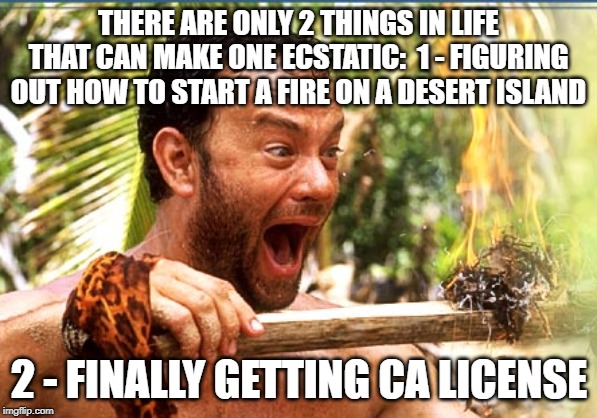
Locum tenens license definition
Locum tenens license is defined as either any permanent state license that lets you practice medicine in that state (including locums) or a special license that is active only for a short period of time (see below).
So, for most docs, there’s really no difference whether you are applying for a regular state license to take the permanent job or locum tenens gig.
How to stay on top of your locum tenens licensing forever
Bad news: You’ve got some work to do!
Good news: Once it’s done, this will save you a TON of time.
So…listen up!
👉 1 – Get your cr@p together!
To get started, you need to scan important documents and create a virtual folder for all of them. You can use a scanner or your smartphone camera.
Here’s a minimal list:
- Education certificates – medical school, residency/fellowship, ECFMG, etc.
- Copies of state licensures
- DEA certificate(s)
- Proof of continuing medical education
- Immunization Records (such as flu, TB, Hep B)
- Malpractice records (if applicable)
- Driver’s license/ID
The next thing is to save the documents on both your personal computer and on cloud storage (e.g. Dropbox, Google Drive, Apple iCloud, etc.).
When you apply for a new license, you can upload these documents from your computer or download them from the cloud and attach them to an email.
Here’s how I do it:
Make sure you update your documents every year or so.
Once you’ve created your “database,” you are ready for the next step.
👉 2 - Sign up for FCVS
Once you decide you need a new license, FCVS verifies core credentials (identity, medical school and residency training) and submits the report to one or multiple state medical boards.
Why is FCVS a MUST?
First of all, some states REQUIRE FCVS and will not issue the license without an active FCVS profile. So using FCVS will give you more options.
Second, it can cut your licensing time by months!
I used it for a Florida license and got it within three weeks after submitting all the documents. Without FCVS it would have taken three to four months. Not bad, and it can help when you need to get licensed quickly – e.g., if you find a great gig in a new state.
You can also negotiate a better deal compared to unlicensed docs (check my guide on how to negotiate locum rates for some advice).
👉 3 – Get at least two DEA registrations
DEA registration allows you to prescribe controlled substances. It’s not controlled by any state medical boards, but you won’t be able to practice without it.
One caveat for locum tenens is that you need to have a separate DEA registration for each state you work.
However, you can transfer DEA license to another state.
Let me explain:
Personally, I have two DEA registrations. The first I use for WA state, where I work 90% of the time. The second one I use for other states, and recently I “linked” it to California.
If, let’s say, I decide to work in Idaho, I would need to simply send an email to the DEA agent requesting a “switch,” and shortly after (a day or two), my registration would be “assigned” to a different state.
That’s why it’s a good idea to have at least one “spare” DEA registration number.
Once you have it, you can keep switching it among the states you work in.
Also, having an extra DEA number will save you lots of time on the hospital credentialing (an active DEA number is typically required for that) so that you can get started with a new locum gig quickly.
Onward.
Locum tenens license shortcuts
If you’ve done all the prep work I talked about so far, you are on the fast track to cut your licensing time by months.
But there are other ways to get you up and running for new locum gigs fast:
👉 1 – The Interstate Medical Licensure Compact (IMLC):
IMLC allows you to get one or multiple licenses using a simple and fast application process.
You qualify if you are licensed in one of the sponsoring states (32 at this point) as long as your primary practice and tax residence are in that state.
Check out the IMLCC map below for the visual.
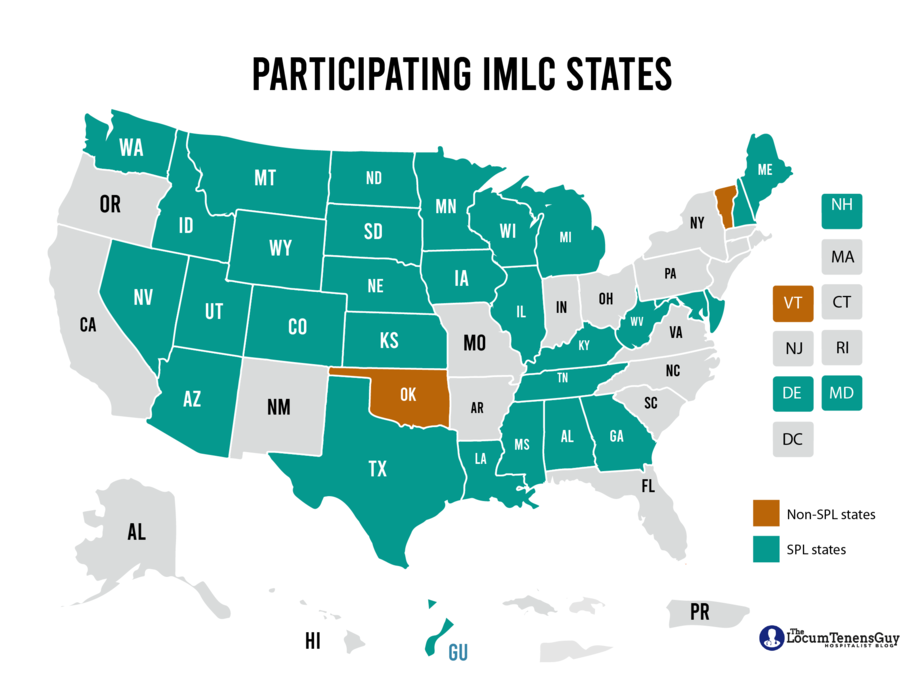
Another requirement is a “clean” practice history, i.e. no board investigation, no disciplinary actions and no malpractice history.
IMLC application is not cheap– it’s $700 plus the cost of the each state license you apply for.
The beauty of this is that it works very quickly and you can get multiple licenses (32 states participate as of now) using the same application.
Although I’ve never used it myself, I know hospitalists who got new licenses in a matter of two weeks.
Check out my detailed Interstate Medical Licensure Compact guide to learn more.
👉 2 – Temporary medical license:
A temp license lets you practice shortly after you’ve applied for a full license, while it’s still “cooking.”
Eighteen state medical boards give you this option: AR, GA, IA, ID, IN, KS, KY, MA, ME, MO, ND, OK, OR, SD, TX, UT, WA, WY.
👉 3 – Locum tenens license:
A locum tenens license is different from temporary: it has a separate application and it’s good for 60-180 days, depending on the board.
If you later decide to stick around and work for a longer period of time in the state, you’ll need to apply for a regular license.
States with locum tenens license
Here are the states with locum tenens license: Alaska, Arizona, Indiana, Maine, Massachusetts, Nebraska, Nevada, New Hampshire, South Dakota, Tennessee, Wisconsin.
Check out this pdf document for more details.
How to work all over the country with only one locum tenens medical license
You may be surprised, but you can work all over the US with only one state license if you pick government locum gigs (VA, Tribal Health, etc.).
They tend to pay less compared to “commercial” locum tenens, but some docs prefer them since there’s no personal malpractice risk.
Please see the following screenshot from the VA website:
To find those gigs, just google “government locum tenens hospitalist” and see what comes up.
There are a few locum tenens agencies that specialize in this type of set-up, with AB staffing and Eskridge & Associates coming to mind first.
Costs of medical licenses:
Although there are good ways to save time on licensing, there’s not much you can do to save money on them.
The licensing fees range from $140 for a Wisconsin license to almost $1,300(!!!) for an initial California license.
The only good news here is that you can deduct all of the licensing expenses from your 1099 income.
Now, before you go too crazy and apply for licenses in all 50 states along with Guam and the American Virgin Islands, you should keep in mind the additional hidden costs of licensing:
- FCVS – $375 for the initial application to create your profile, $95 for a subsequent application and $65 for each state you apply.
- DEA – Each new DEA registration is $731, and it must be renewed every three years.
- CSR (Controlled Substance Registration) – It’s required to prescribe controlled substances in 25 states on top of your DEA registration. On average it costs about $100 and has to be renewed every two to three years.
- Licenses verification: Services like VeriDoc connect state boards directly with each other to verify your existing licenses when applying for a new one. The cost runs $10-60 for each board you are already licensed with.
- Misc expenses: fingerprinting services, postage: $20-$100 for each state
- And, of course, license renewal fees…
Maintaining multiple licenses for locum tenens
Here’s a problem, my friends:
Medical licenses are like cars – the more you own, the more you pay to maintain them.
So even if you don’t practice in all the states you are licensed in, you need to pay to renew them every two to three years.
For example, keeping my five licenses active costs me about $1,000 every year.
But it doesn’t end there!
You also have to fulfill each state’s CME requirements by getting 20 to 50 CME hours per year.
Some of the states got “carried away” and decided the doctors have to take more “exotic” CME courses.
Here are some examples:
And guess what?
You have to pay for “state-approved” training courses which can be hundreds of dollars on top of your renewal fees.
Should you let your locum tenens license(s) lapse?
Since it is not cheap to keep your licenses, you may wonder if it is a good idea to let them lapse.
I think if you are 100% sure you don’t plan on working in that state, it is ok not to renew your license.
But, if you are not, I would only get rid of licenses that are expensive to renew and easy to get if needed again.
Also, feel free to let the state Controlled Substance Registrations (CSR) lapse, as they are not required to maintain a license and you can typically renew them fast.
Can you avoid renewal fees if you change your physician state license status to “inactive”?
Certain states (e.g. CA, OR, NC) let you switch your license status from “active” to “inactive.”
This way, you won’t need to fulfill the state’s CME requirements but…you still need to pay renewal fees.
Locum tenens licensing CONCLUSION
If you think about it, physician locum tenens licensing is a big mess that we all have to deal with.
I hope I’ve given you enough information to understand how it works and how to navigate it like a pro.

- Jumpstart your Locums Career!
- Sign up for my coaching to access:
- Top Gigs
- Top Pay
- Unique resources
- No stress
- Jumpstart your Locums Career!
- Sign up for my coaching to access:

- Top Gigs
- Top Pay
- Unique resources
- No stress
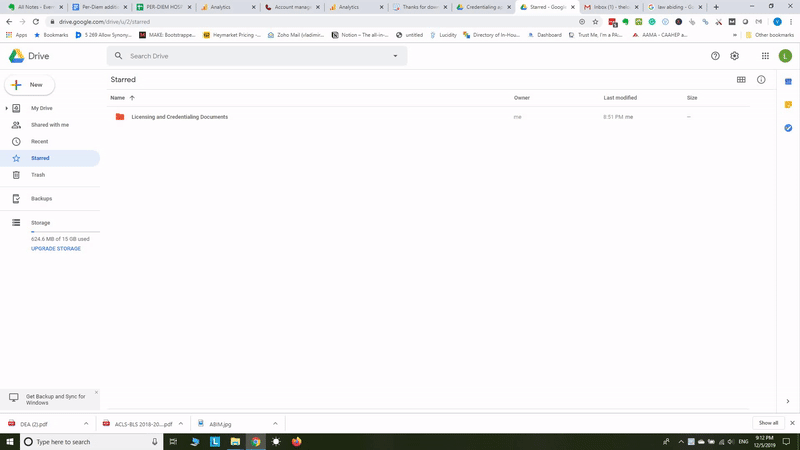
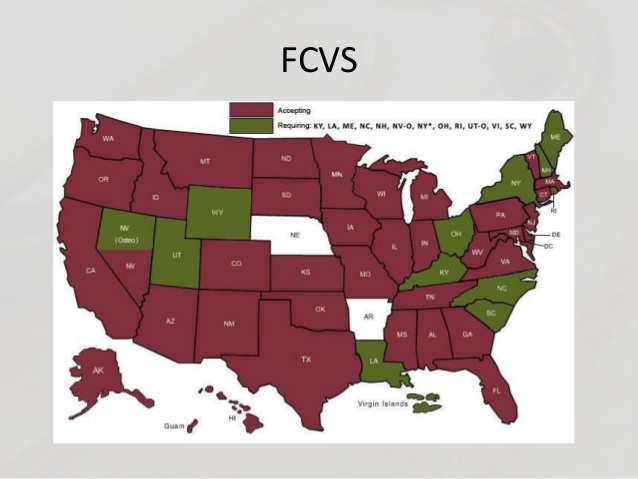
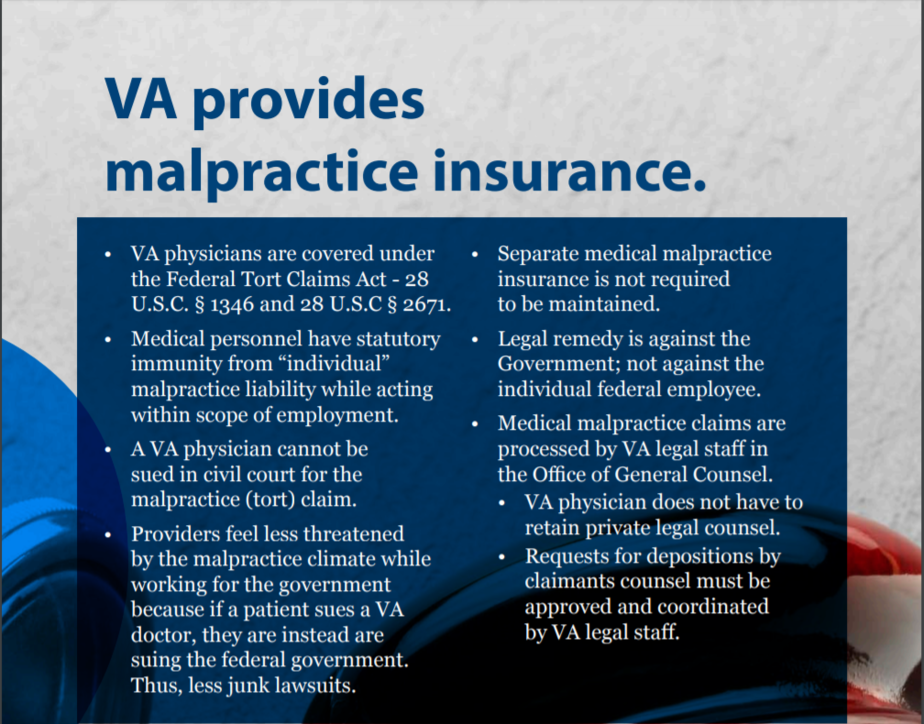

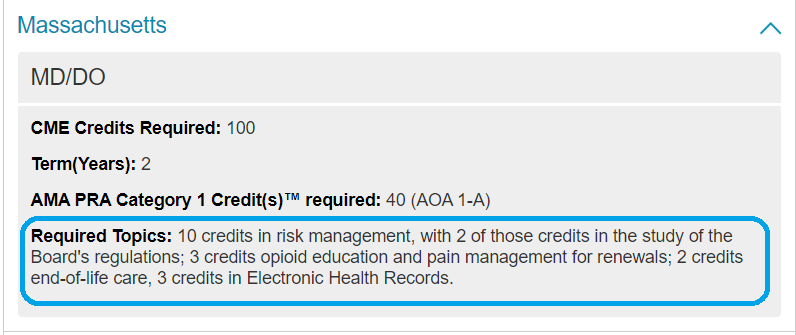
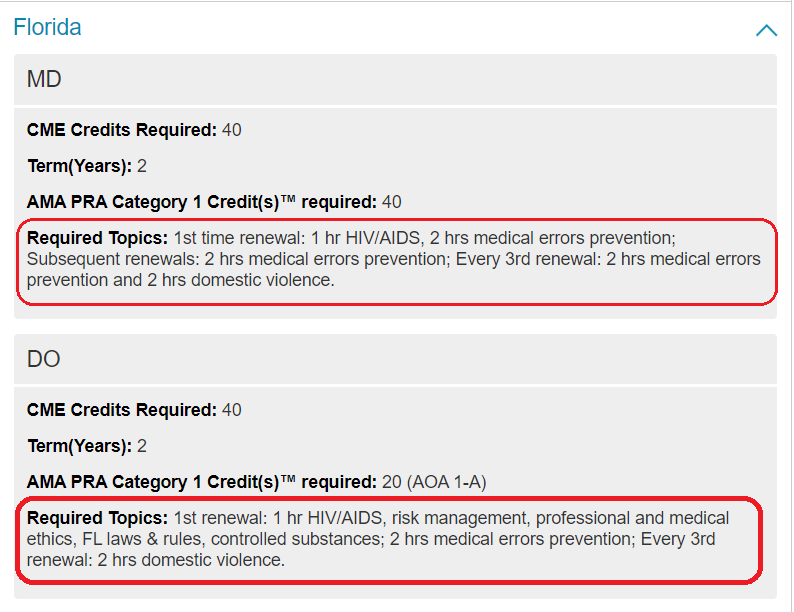


Don’t forget to utilize the locums companies to pay your licensing fees and renewal fees.
Sportsdoc , Hi!
Good point!
The only caveat is that I wouldn’t let them use it as a reason to pay you less.
Nice Post, I have learned the hard way that obtaining a new license is a nightmare. If time is an issue make sure to get started early and expect delays along the way. For example, FCVS will reverify your Credentials with each new application after the initial one which takes 3 weeks minimum. Background checks are ancient and prone to error. Someone in tech needs to fix this.
Thank god they are trying to make the process a little easier. I started my Az license about 6 weeks ago and who knows, I may actually get it in time to start my new job!